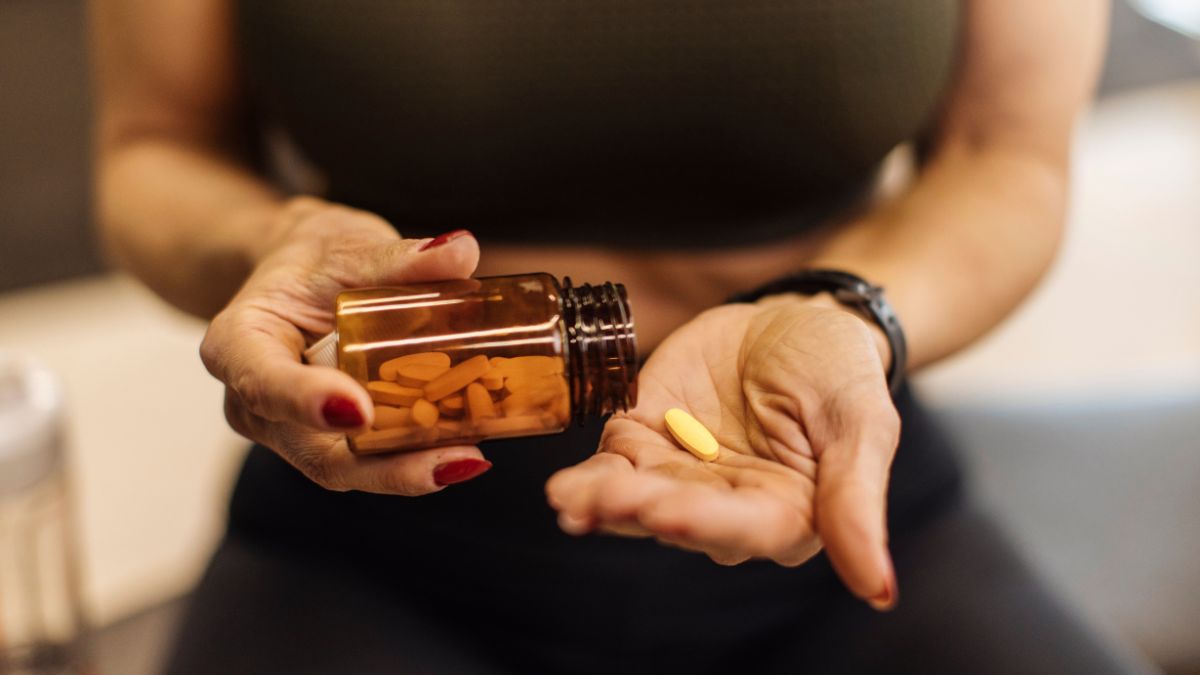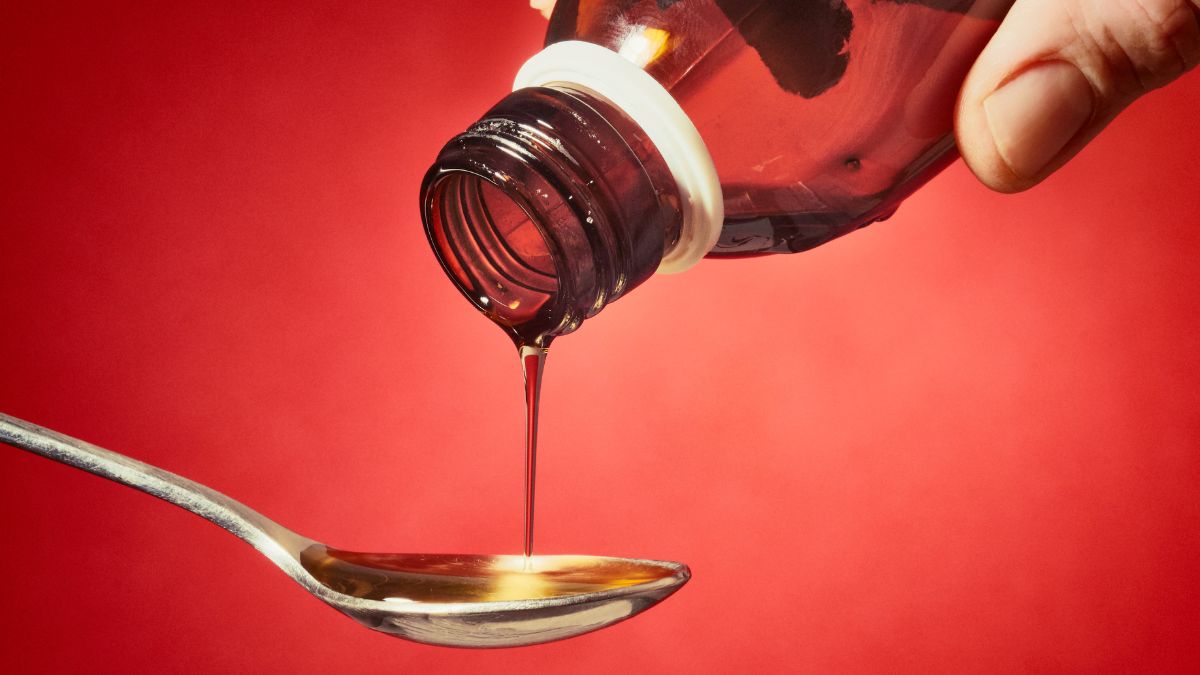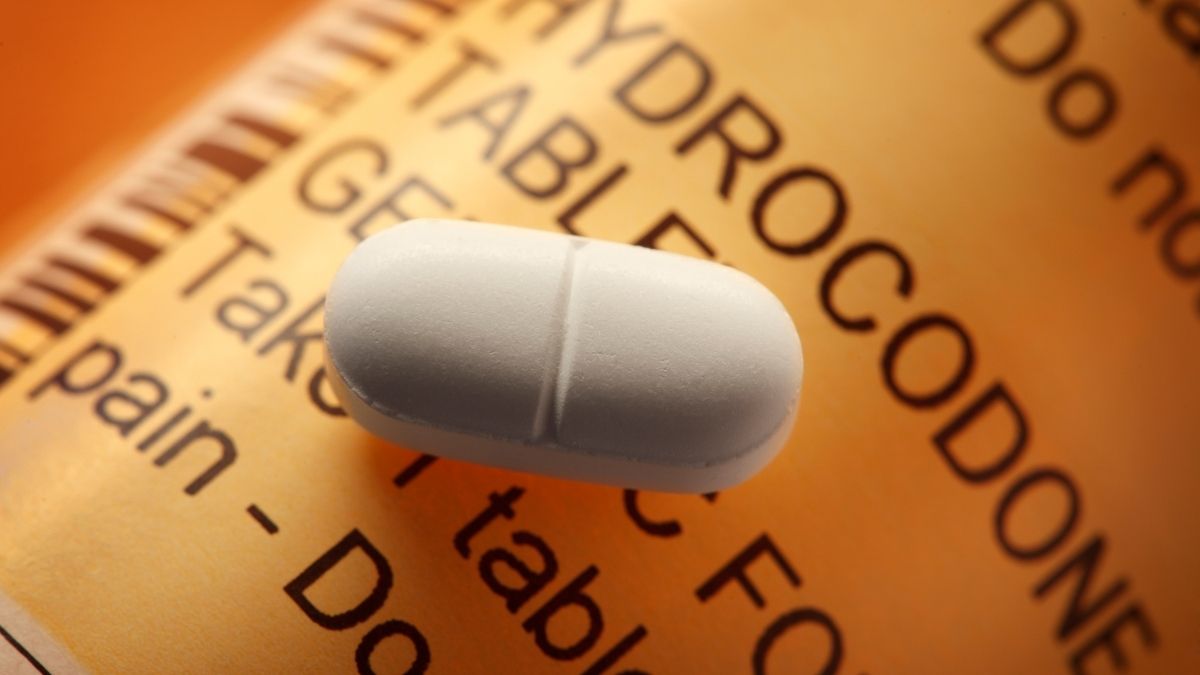If you’re taking doxycycline for a bacterial infection, you may be wondering how alcohol could impact your treatment.
While some antibiotics react negatively with alcohol, doxycycline is generally considered safe when consumed in moderation. However, drinking while on doxycycline can still lead to side effects, and in some cases, it may affect the efficiency of your recovery.
While there are a lot of misconceptions surrounding this combination, informed decision-making is crucial before you decide on mixing the two. Let’s dive into all you need to know about this combination.
What is Doxycycline?
Doxycycline, renowned for treating bacterial infections like pneumonia and Lyme disease, carries certain consequences when consumed alongside alcoholic beverages.
It works by inhibiting the growth of bacteria, thereby helping to treat infections. Combining doxycycline with alcohol can potentially affect those using this widespread antibiotic.
Combining Alcohol And Doxycycline
Combining alcohol with doxycycline can lead to potential issues, such as metabolic interference in the liver and a possible reduction in the efficacy of the antibiotic. It’s important to understand the underlying dynamics of this interaction.
Doxycycline is a broad-spectrum antibiotic commonly used to treat various bacterial infections, including the respiratory tract, skin, and urinary system. Its effectiveness largely depends on consistent bloodstream levels.
Alcohol is metabolized in the liver, which can alter the metabolism of various drugs, including antibiotics.
When alcohol is introduced into the system of a person taking doxycycline, it may change how the drug is broken down or excreted, potentially diminishing its efficacy.
The simultaneous processing of both substances might overburden the liver, increasing the chance of liver-related side effects.
Consuming alcohol might also mask or amplify specific symptoms of an underlying infection, making it harder to monitor the disease’s progress and treatment effectiveness.
It can also dampen the immune response, further complicating the healing process.
Given these factors, individuals should exercise caution and consider the broader implications when mixing alcohol with any medication, including doxycycline.
Can You Drink Alcohol While Taking Doxycycline?
No, that’s not recommended. Although an occasional drink might not lead to severe complications, consistent alcohol consumption could diminish the antibiotic’s effectiveness.
Alcohol has been known to suppress certain functions of the immune system. So, if you’re on doxycycline to treat an infection, alcohol might hinder your body’s healing process.
The risks associated with drinking could also depend on the duration of the antibiotic course. While short-term usage might present fewer complications, long-term use combined with regular alcohol intake could heighten potential side effects.
Call Design for Recovery to Begin Your Healing Journey!
Reach out to our team to discuss sober living options and next steps toward a healthier routine.
What are the Risks of Doxycycline and Alcohol Interaction?
There are several concerns when mixing doxycycline with alcohol, including the increased risk of side effects, strain on the liver, and even photosensitivity. Here’s an in-depth explanation:
- Potential for Reduced Effectiveness of Doxycycline: Alcohol could lower the antibiotic’s efficacy, making it harder for the body to fight off infections.
- Increased Risk of Side Effects: Both substances can cause drowsiness or dizziness. When combined, these effects can intensify, making certain activities hazardous.
- Strain on the Liver and Digestive System: Your liver processes alcohol and doxycycline. Consuming them together might strain the organ, leading to long-term health complications.
- Photosensitivity: Doxycycline can heighten sensitivity to sunlight. If alcohol is also consumed, this sensitivity might be increased, leading to more severe reactions to UV exposure.
- Central Nervous System Effects: The combined effects of dizziness or drowsiness can make tasks like driving even more dangerous.
- Interactions with Other Medications: If you’re taking other drugs along with doxycycline, adding alcohol to the equation might further complicate potential interactions or reduce the effectiveness of any of the medications.
While it might be tempting to enjoy a drink, especially on social occasions, it’s essential to be aware of these risks when on a medication regimen that includes doxycycline.
Side Effects Of Drinking Alcohol While On Doxycycline
The side effects of mixing alcohol with doxycycline can cause a lot of severe issues. Understanding these effects is crucial for anyone prescribed this antibiotic and considering consuming alcohol. Some of these are-
Gastrointestinal Issues
Combining them also amplifies the risk of gastrointestinal problems. Individuals often experience symptoms like nausea, vomiting, diarrhea, and a burning sensation during digestion.
Extended usage and mixing can also lead to digestive tract inflammation, resulting in conditions like gastritis or esophagitis.
A recurring upset stomach disrupts daily activities and hints at potential damage to the stomach lining, making it crucial to avoid combining the two substances.
Decreased Effectiveness
Alcohol can interfere with its potency in combating bacterial infections, limiting its therapeutic efficacy. By reducing the drug’s absorption rate and causing rapid excretion, the body might not receive the full benefit of the antibiotic.
In the long run, this interference can lead to the emergence of drug-resistant bacterial strains, complicating treatment and prolonging illness.
Contact Design for Recovery Today!
Fill out our quick form to connect with a peer mentor and learn how our sober living community supports accountability, structure, and personal growth in recovery.
Liver Toxicity
Similarly, the doxycycline and alcohol interaction increases the workload on the liver, which can lead to potential liver toxicity. This burden becomes evident through signs such as jaundice (yellowing of the skin and eyes), abdominal pain, and unusual fatigue.
With prolonged exposure, this strain can escalate to liver diseases like hepatitis, fibrosis, or even cirrhosis. It’s essential to be attentive to these signs and reduce alcohol intake while on medication.
Central Nervous System Damage
Doxycycline and alcohol interaction can depress the central nervous system. Such depressive effects manifest in dizziness, drowsiness, and difficulty concentrating.
Over time, this combination can lead to more severe neurological problems, including neuropathy and impaired memory.
When combined with other sedative medications or drugs, the effects can be intensified, severely impairing one’s ability to function normally.
Dehydration And Kidney Damage
Both doxycycline and alcohol contribute to dehydration, resulting in symptoms like persistent thirst, dry skin, and darkened urine.
Persistent dehydration can have long-term consequences, damaging the kidneys over time. The increased diuretic effects of both substances can lead to electrolyte imbalances, potentially resulting in conditions like kidney stones or even renal failure.
Proper hydration and limiting alcohol can help reduce such risks.
What Do Medical Guidelines Say About Drinking While on Doxycycline?
Medical guidelines from prominent organizations like the World Health Organization (WHO) and the Centers for Disease Control and Prevention (CDC) advise against combining antibiotics, including doxycycline, with alcohol. Specifically:
- The World Health Organization (WHO) suggests that while not all antibiotics interact adversely with alcohol, it’s generally a good practice to avoid alcohol consumption during antibiotic treatment to ensure maximum efficacy and minimize side effects.
- The Centers for Disease Control and Prevention (CDC) echoes similar sentiments, emphasizing the potential for increased side effects when combining the two.
How Long After Doxycycline Can I Drink Alcohol?
It’s recommended to wait at least 72 hours (3 days) after finishing a course of doxycycline before consuming alcohol. However, this guideline can vary based on:
- Dosage: Higher doses might necessitate a longer waiting period before it’s safe to consume alcohol.
- Individual Metabolism: Some people might metabolize doxycycline faster than others. Factors such as age, liver health, and genetics can influence this.
- Overall Health: Those with compromised liver function or concurrent medical conditions might need to wait longer or abstain from alcohol entirely while on medication.
Always consult a healthcare professional for personalized advice regarding medication and alcohol consumption.
- What is Doxycycline?
- Combining Alcohol And Doxycycline
- Can You Drink Alcohol While Taking Doxycycline?
- What are the Risks of Doxycycline and Alcohol Interaction?
- Side Effects Of Drinking Alcohol While On Doxycycline
- Gastrointestinal Issues
- Decreased Effectiveness
- Liver Toxicity
- Central Nervous System Damage
- Dehydration And Kidney Damage
- What Do Medical Guidelines Say About Drinking While on Doxycycline?
- How Long After Doxycycline Can I Drink Alcohol?
Begin Lasting Sobriety Now!
Frequently Asked Questions
While some individuals may not experience immediate adverse reactions, it’s generally advised to avoid alcohol when taking Doxycycline to ensure the drug’s efficacy and minimize potential side effects.
The type of alcohol doesn’t significantly change the interaction with Doxycycline; the primary concern is the overall alcohol content and quantity consumed.
If you’ve inadvertently consumed alcohol while on Doxycycline, monitor for any unusual side effects and consult a healthcare professional if concerned.
It’s recommended to wait 48-72 hours after completing your Doxycycline course before consuming alcohol to ensure the drug has been metabolized and cleared from your system.
Waiting at least 48-72 hours is generally advised to ensure Doxycycline is metabolized and eliminated from your system before consuming alcohol.
Doxycycline doesn’t necessarily increase the intoxicating effects of alcohol, but combining them can amplify side effects like dizziness or drowsiness.
Doxycycline and alcohol can strain the liver; combining them might increase the risk of liver damage, especially with prolonged use or in individuals with pre-existing liver conditions.
Non-alcoholic beer typically contains trace amounts of alcohol; however, it’s unlikely to interact significantly with Doxycycline. Still, moderation and caution are advised.
While many antibiotics warn against alcohol consumption, the risks and interactions can vary. Doxycycline has its own concerns, but it’s important to consult the guidelines for each specific antibiotic.
Frequent and prolonged combination of Doxycycline and alcohol can increase the risk of side effects and potential damage to organs like the liver. Always consult a healthcare professional for personalized advice.
- National Health Service. (n.d.). Doxycycline. Retrieved February 1, 2023, from https://www.nhs.uk/medicines/doxycycline/
- Patel RS, Parmar M. Doxycycline Hyclate. (2022, July 12). In: StatPearls [Internet]. Treasure Island (FL): StatPearls Publishing; 2022 Jan-. Available from: https://www.ncbi.nlm.nih.gov/books/NBK555888/
- MedlinePlus. (n.d.). Doxycycline. Retrieved February 1, 2023, from https://medlineplus.gov/druginfo/meds/a682063.html
- National Institute on Alcohol Abuse and Alcoholism. (n.d.). Drinking Levels Defined. Retrieved February 1, 2023, from https://www.niaaa.nih.gov/alcohol-health/overview-alcohol-consumption/moderate-binge-drinking#:~:text=NIAAA%20defines%20heavy%20drinking%20as,than%207%20drinks%20per%20week
- Mergenhagen, K. A., Wattengel, B. A., & Skelly, M. K. (2020). Fact versus Fiction: a Review of the Evidence behind Alcohol and Antibiotic Interactions. Antimicrobial agents and chemotherapy, 64(3), e02167-19. https://doi.org/10.1128/AAC.02167-19
- Sarkar, D., Jung, M. K., & Wang, H. J. (2015). Alcohol and the Immune System. Alcohol Research : Current Reviews, 37(2), 153–155.
- Holmes, N.E. & Charles, P.G.P. (n.d.). Safety and Efficacy Review of Doxycycline. Clinical Medicine Therapeutics. 2009;1. Retrieved February 1, 2023, from https://journals.sagepub.com/doi/10.4137/CMT.S2035
- U.S. National Library of Medicine. (2021, October 12). Doxycycline Hyclate Capsule. Retrieved February 1, 2023, from https://dailymed.nlm.nih.gov/dailymed/drugInfo.cfm?setid=131af052-0c4f-4a61-ae9a-e6165ae09076







Written By
David Beasley